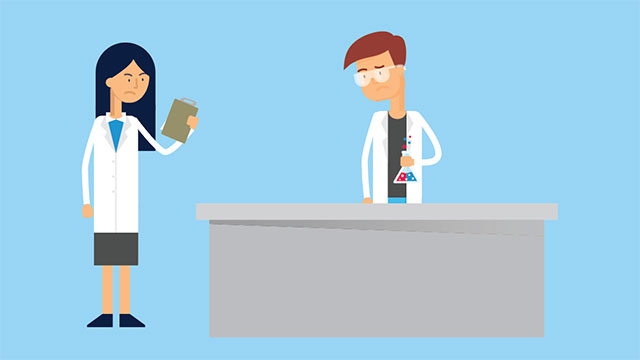Ask Linda: Stop Micromanaging!
Micromanaging is not doing yourself or your team any favors

Dear Linda,
I have recently been promoted to lab manager primarily based on my research accomplishments and track record. While I’m very confident as a scientist, I am not so sure of my management skills. As a result, I find myself micromanaging my team. This is probably because my strength has always been in hands-on problem solving and, because this is a new position for me, I want to make sure my team doesn’t make any mistakes that might reflect badly on me. While I recognize that this behavior is not serving my team or my lab well, I’m stymied as to how to change.
Any suggestions?
Thanks,
Doug
Dear Doug,
You are quite right that your micromanaging is not doing yourself or your team any favors. By helping your staff solve their problems by working on them yourself, you rob them of independence and make them feel powerless. Employees become dependent on you to solve their problems for them and fear criticism if they proceed on their own. As a result, they are less productive and work slows down.
Below are a few suggestions for helping you break the micromanagement habit:
- Clearly articulate your expectations at the beginning of projects or when you assign work to a staff member.
- Focus on hiring and placing staff members in positions that are a good match for their skills and interests.
- Delegate. Allow staff members to have an appropriate amount of decision-making power. This will increase as staff members gain experience in their job assignments.
- Don’t take over at the first sign of trouble. Instead, work with staff members to develop solutions to the problem and let them go ahead and implement them. The more experience they have, the more they should develop solutions on their own.
Hope this helps.
Cheers,
Linda
Have a question for Linda? Email her at LINDA@labmanager.com
